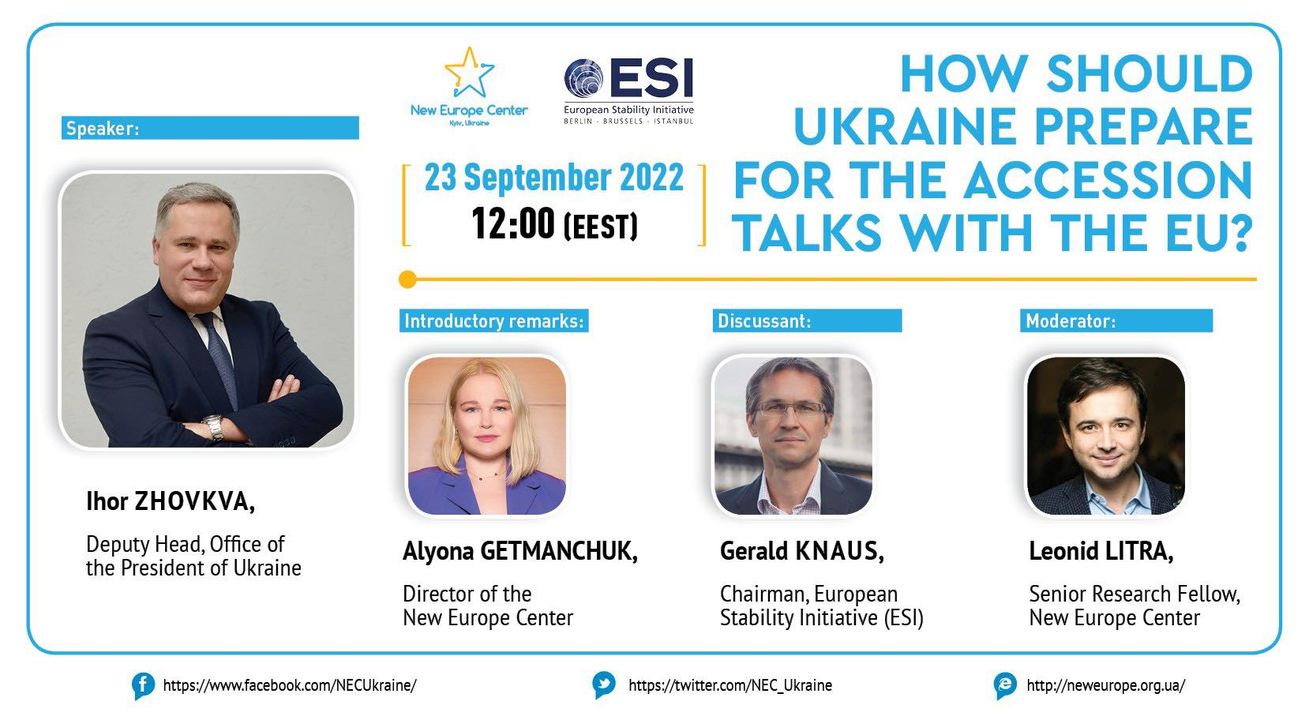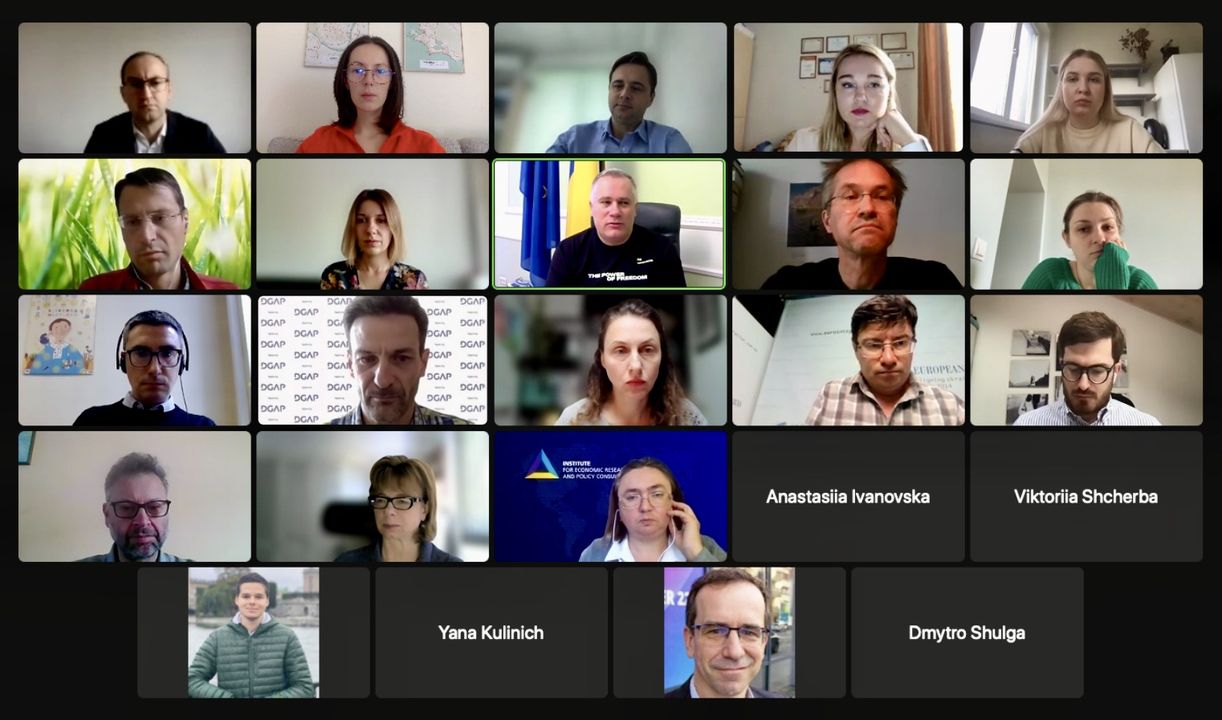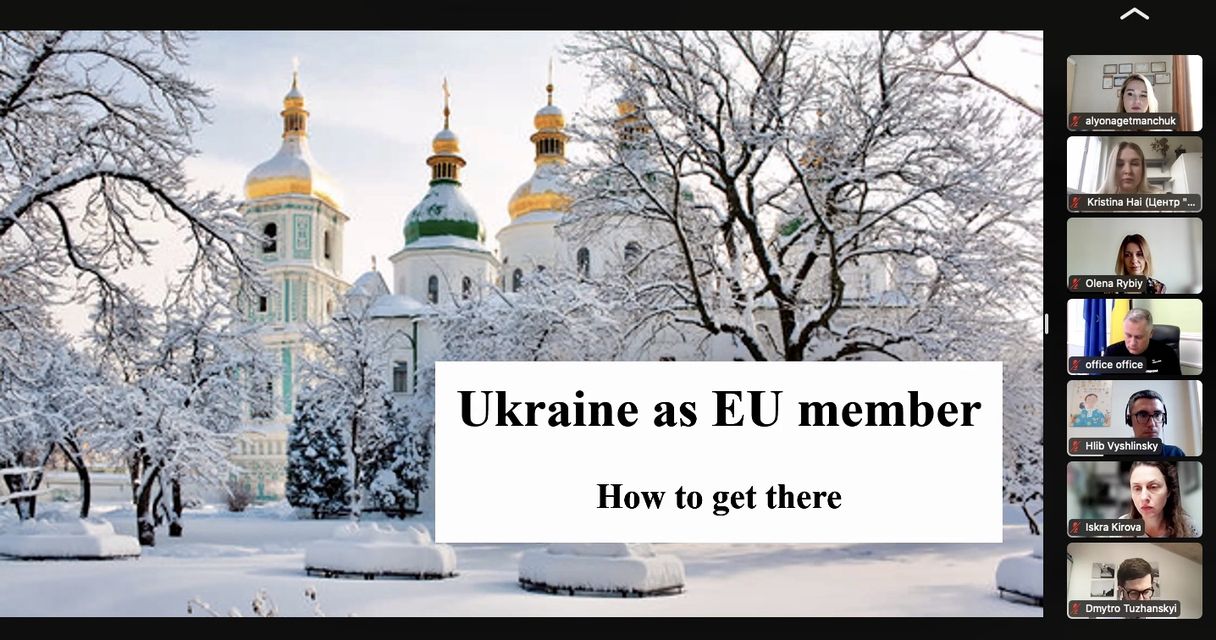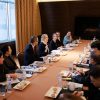The New Europe Center in partnership with the European Stability Initiative (ESI) organized a closed expert discussion with Ihor Zhovkva, Deputy Head of the Office of the President of Ukraine.
Previously, the New Europe Center had already organized discussions devoted to the homework that Ukraine should do in order to better prepare for the opening of negotiations on EU membership.
This time, in a trusting atmosphere, Ukrainian and foreign experts discussed the challenges for Ukraine’s accession to the EU, which come from the EU itself. After all, as the director of the New Europe Center pointed out, it would be a mistake to think that the ball is currently only on Ukraine’s side.
“It is in the EU’s court as well. That’s why today we are going to pay more attention to challengers for Ukraine’s accession which is coming from the EU side. And our biggest concern here is not to slip into the same trap as Western Balkans did – endless negotiations without becoming closer to the EU membership”, – told Alyona Getmanchuk.
The Deputy Head of the Office of the President of Ukraine also noted that it is extremely important for Ukraine not to get bogged down in EU bureaucratic procedures, and that Ukraine is counting on the support of EU member states to start accession negotiations after the EC’s assessment of Ukraine’s implementation of 7 euro reforms.
“Ukraine and Ukrainians are not afraid of anything: neither the aggressor, nor the adoption and implementation of bold decisions. And we expect the same courage and bravery from our European colleagues. Ukraine is not yet in the EU, but it is a European country. We do not want to belong to the Russian past, we want to belong to the European future,” Ihor Zhovkva said.
For his part, Garald Knaus, a partner and friend of the New Europe Center, recommended how to prevent Ukraine from falling into the numerous pitfalls of European integration that other countries faced (long-term non-opening of negotiations, politicization of the process and abuse of the right of veto by member states, etc.):
Ukraine should not only strive to start accession negotiations in the spring of 2023, but also promote Ukraine’s full access to the EU single market and the four freedoms based on progress in the implementation of reforms.










